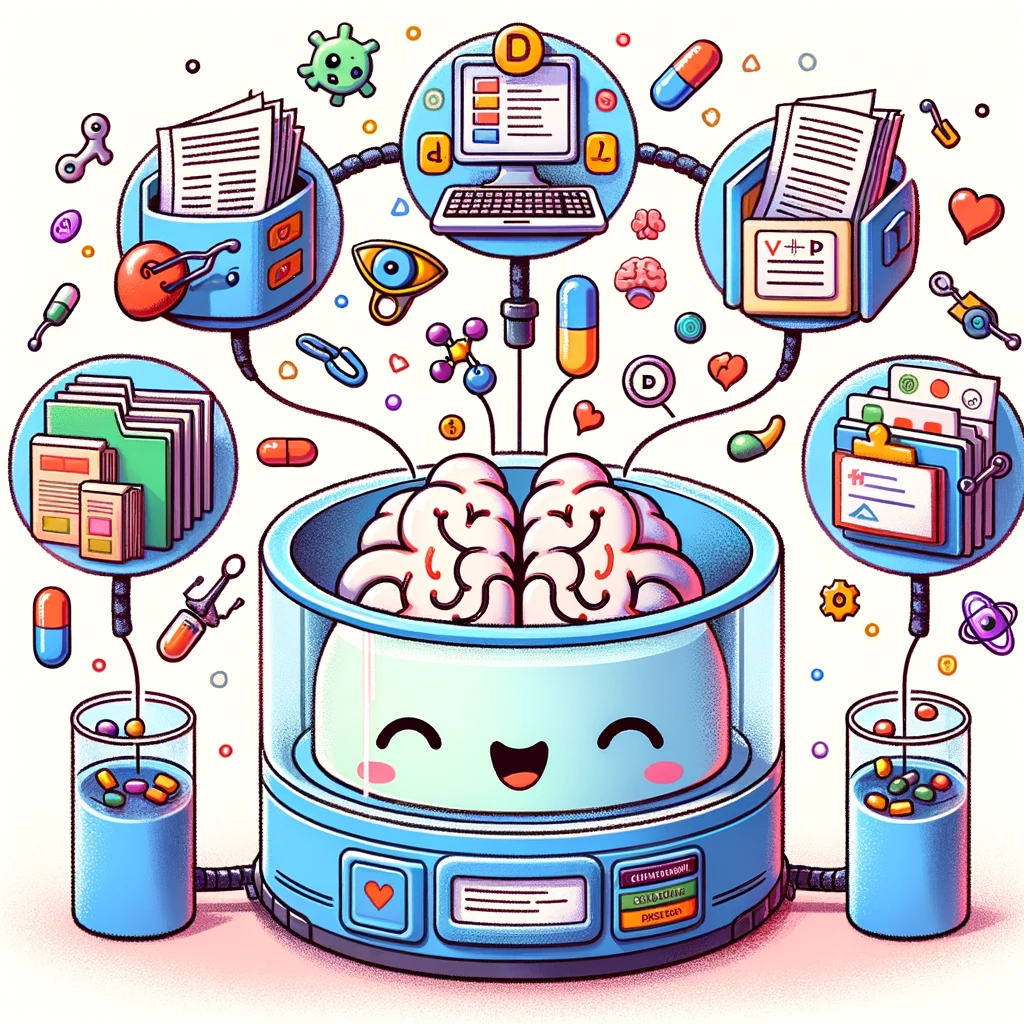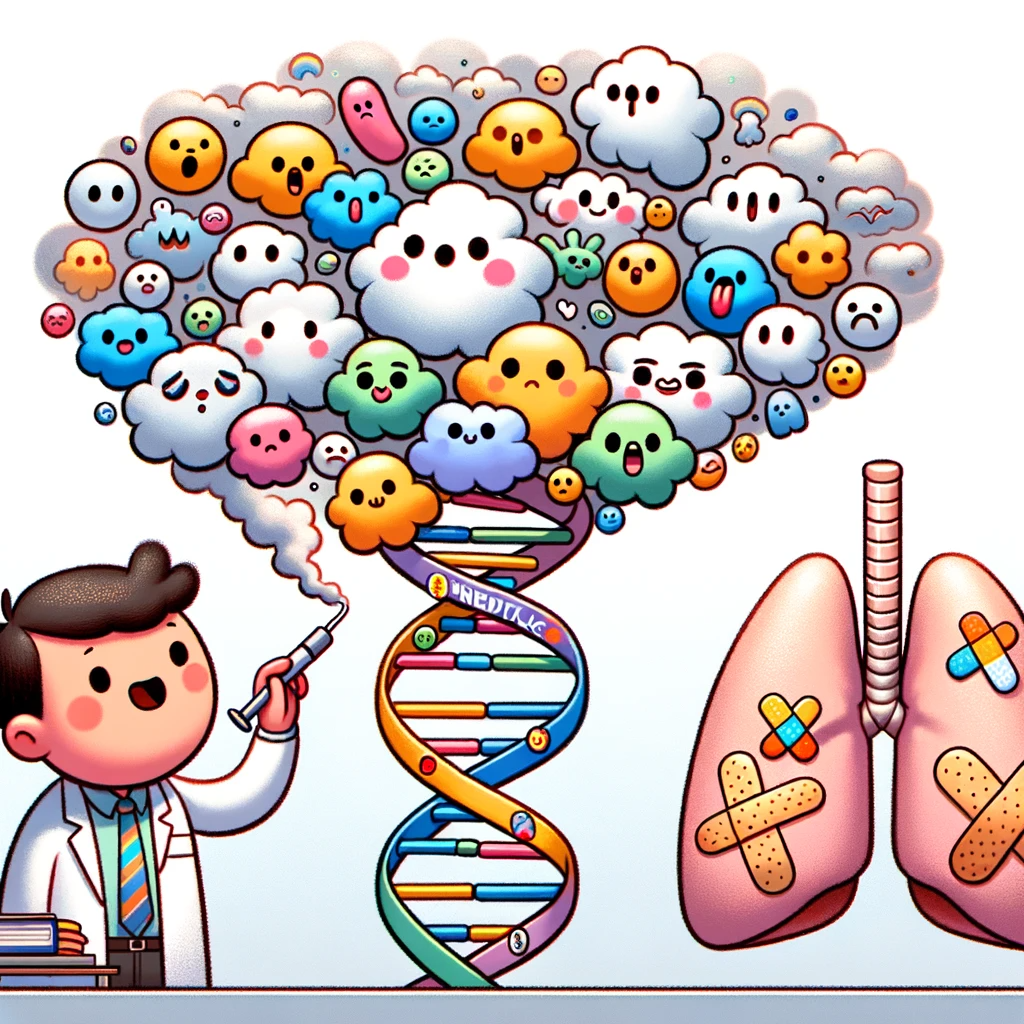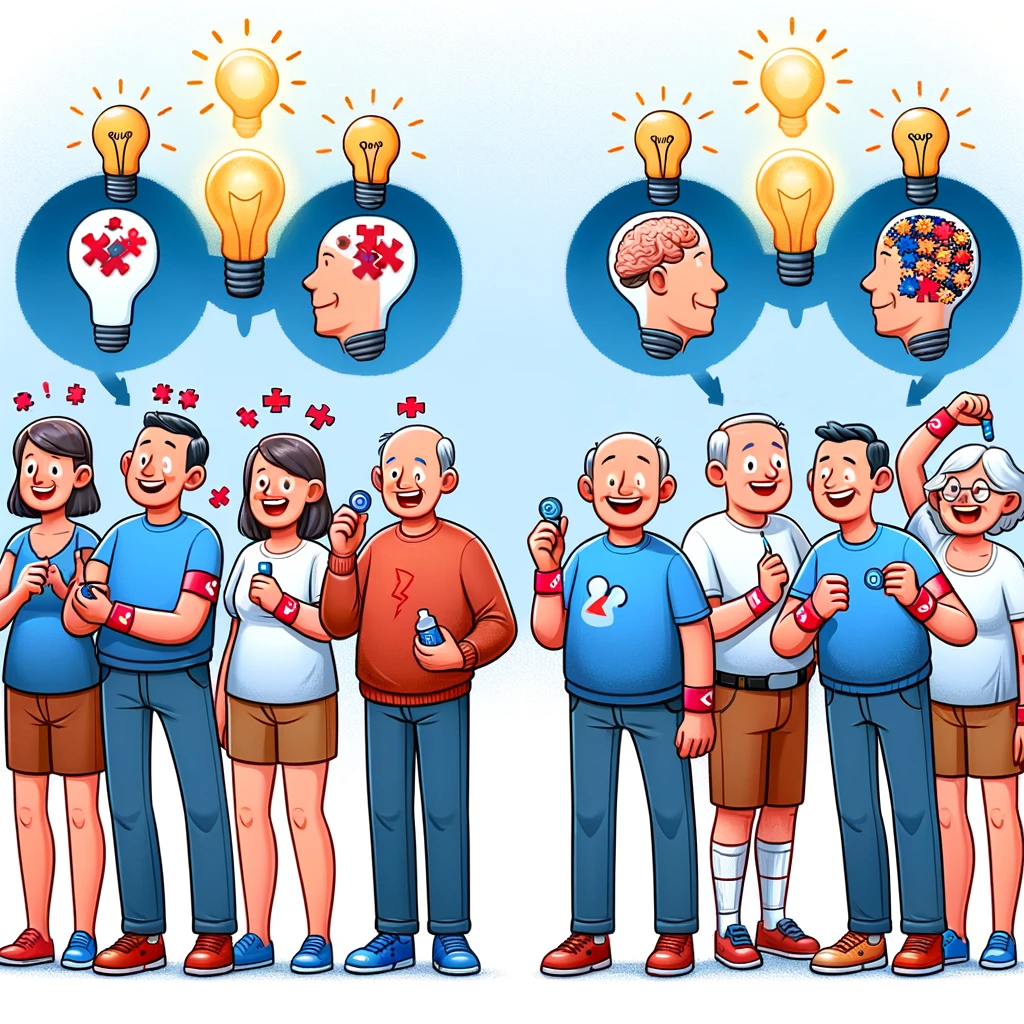Researches
Machine Learning Frameworks in Biomedical Science
We have been developing tensor factorization and deep learning methods to facilitate the analysis of epigenomic data and use integrative modeling approaches to study genomic transcriptional and epigenetic gene regulatory mechanisms underlying psychiatry diseases. We are developing new methods to utilize the abundant public relationship data to understand targets and specificity of drugs in treating Alzheimer’s Disease.

Statistical Genetics for Causal Relationships
We have been utilizing causal inference methods to facilitate the analysis of genotyping data and employing Mendelian randomization approaches to investigate the causal associations between Alzheimer’s disease and various drugs, viruses, and other risk factors. Our investigations on aspirin and GLP-1R agonists suggest that they may have the potential to offer effective neuroprotective properties.

Target trial emulation
We are developing deep learning-based methods to approximate the results of a randomized trial by directly comparing outcomes between individuals who received the treatment of interest and those who did not. Additionally, by analyzing electronic health records, we are identifying potential drug combinations for controlling blood pressure and exploring novel drugs for neurodegenerative diseases.
